Safety and Standards: Addressing Rwandans’ Concerns About GMOs

In recent years, the topic of genetically modified organisms (GMOs) has sparked considerable debate worldwide, and Rwanda is no exception. During the recent celebration of World Standards Day, held at the National Ubutore Development Center in Nkumba, Burera district, Mr. Murenzi Raymond, the Director of the Rwanda Standards Board (RSB), addressed the pressing concerns of Rwandans regarding the safety of consuming GMOs. He emphasized that quality standards and regulations have been established to govern GMOs in the country, aiming to alleviate fears surrounding their consumption.
Mr. Raymond reassured the public that there are robust measures in place to ensure that GMOs available in Rwanda meet established safety standards. “They shouldn’t worry about GMOs; there are laws that have been established in our country regarding GMOs and standards regulations regarding quality,” he stated. This assurance is crucial, especially in a country where agricultural practices are a significant part of life and where food security remains a top priority.

To further enhance safety and compliance, Rwanda is in the process of developing specialized laboratories. These facilities will be instrumental in diagnosing the levels of GMOs in various products. “Now we are setting up laboratories which must know at what level GMOs are,” Mr. Raymond explained. “There are things that will be accepted according to the law, but there are also things that are not allowed.” This initiative aims to create a clear distinction between acceptable and unacceptable GMOs, thereby protecting consumers.
In conjunction with the establishment of quality standards, the RSB has launched a campaign to raise awareness about these regulations across the country with the main focus on school institutions. The initiative began in Burera and will extend to 11 regions, focusing on educating the public about quality control from the point of production to consumption.
Mr. Raymond elaborated on the importance of quality standards, stating, “There are many quality standards according to manufacturers. Fertilizers have their own quality standards, as not all compost is used on the farm.” This comprehensive approach to quality assurance emphasizes that every stage of food production, from farming to transportation and cooking, must adhere to strict guidelines.
World Standards Day serves as a reminder of the importance of international standards in ensuring safety and quality in various sectors, including food production. It highlights the role of standardization in facilitating trade, enhancing consumer protection, and promoting sustainable practices. In the context of GMOs, adherence to international standards can help reassure Rwandans about the safety of their food supply.

The campaign launched during World Standards Day not only aims to educate consumers but also to empower them to make informed choices. By understanding the regulations that govern GMOs, Rwandans can feel more confident in the safety and quality of the food they consume.
Despite the reassurances from officials like Mr. Raymond, skepticism about GMOs persists among the Rwandan populace. Many individuals remain wary of genetically modified foods, often due to a lack of understanding or misinformation. It is essential for the government and relevant stakeholders to engage in open dialogues with the public, addressing their concerns and providing clear, accessible information about the benefits and risks associated with GMOs.
Public education campaigns should emphasize the scientific basis for GMO safety, the rigorous testing these products undergo, and the regulatory frameworks ensuring compliance with safety standards. By fostering transparency and encouraging community discussions, the government can help mitigate fears and build trust in the safety of GMOs.
As Rwanda continues to navigate the complexities of agricultural innovation, the establishment of quality standards and regulations for GMOs is a vital step toward ensuring food safety and security. Through initiatives like World Standards Day, the RSB is not only promoting awareness but also empowering consumers to make informed decisions about their food.
As the country embraces the potential of biotechnology in agriculture, it is crucial to maintain a balance between innovation and consumer safety. By fostering a culture of transparency, education, and adherence to quality standards, Rwanda can pave the way for a future where GMOs contribute positively to food security while addressing the concerns of its citizens.
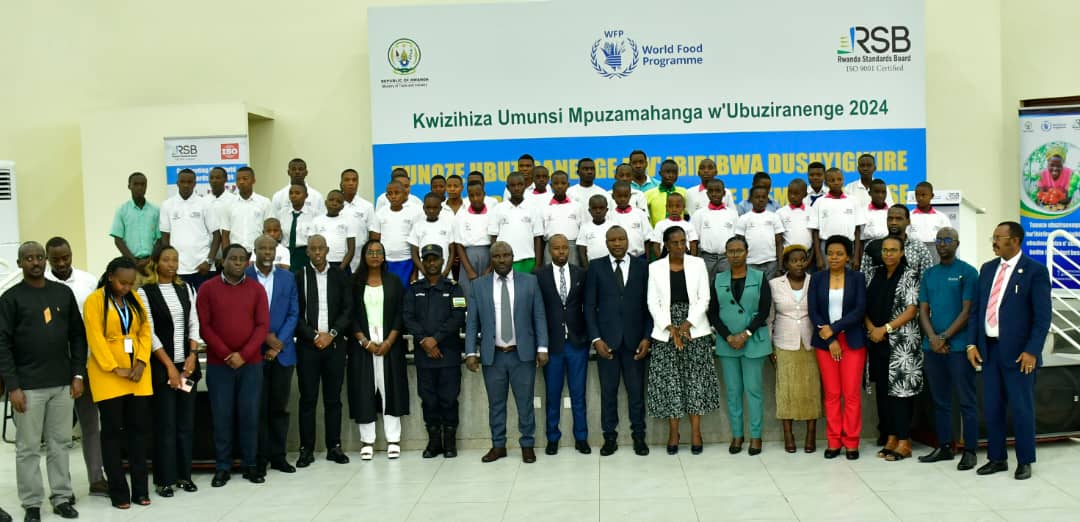
Trending Now
Hot Topics
Related Articles
Leaders Call for Stronger Monitoring to Turn Ecosystem Restoration Commitments into Results
Nairobi, Kenya — 27 January 2026 Country and regional leaders, alongside technical...
Worm Tea: A Natural Path to Farming Without Harmful Chemicals
For much of his early farming life, Isaac Mubashankwaya believed chemical fertilizers...
Enroll Now Before 31 December 2025: International German Language Exams Launch in Rwanda
Rwanda will host the European Consortium for the Certificate of Attainment in...
Rwanda Validates Environment and Climate Change Mainstreaming Strategy 2024–2029
This Tuesday, 23 December 2025, the Rwanda Environment Management Authority (REMA), in...









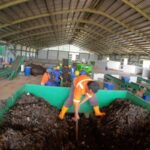
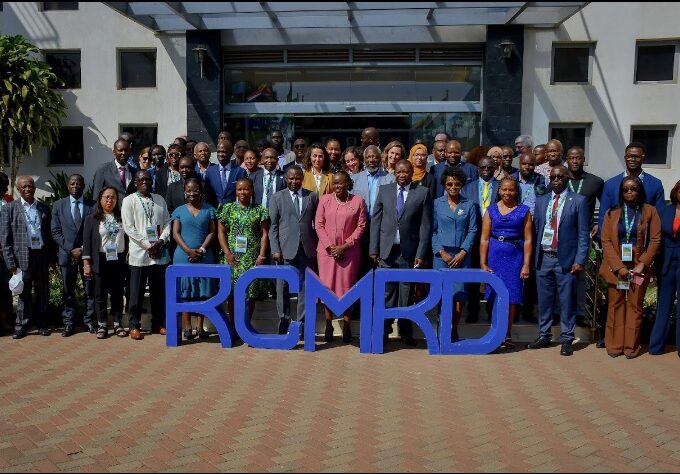
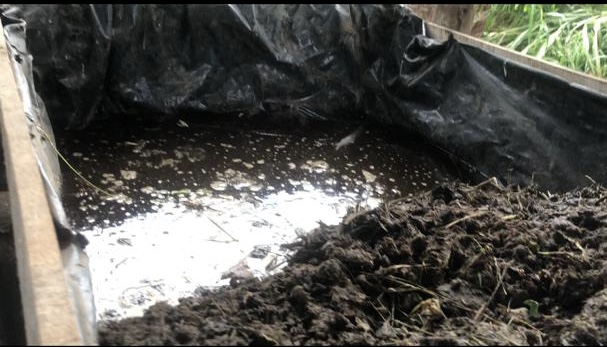

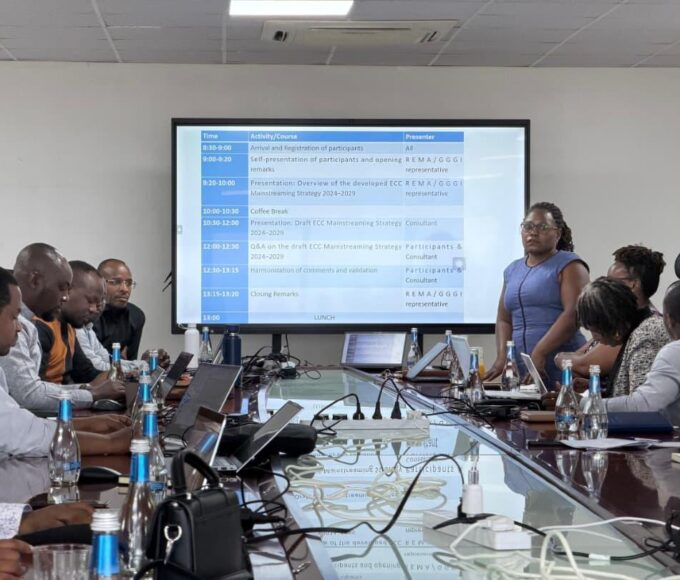
Leave a comment